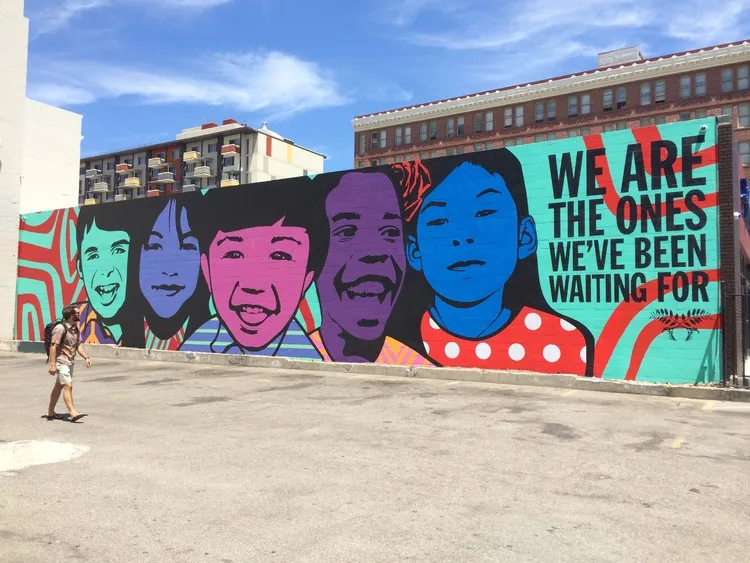The Cuban researcher, Antonio Aja, director of the program dedicated to this topic at Casa de las Américas, highlighted the current challenges of the Latino population in the northern country, with an emphasis on migration.
For her part, the American academic Julia Albarracín presented a presentation on the cultural integration of the beneficiaries of the Deferred Action for those arriving in childhood, a policy that her government applies in favor of certain undocumented immigrants.
The Argentine specialist Roberta Villalonç, a student of social and gender cultural processes in the region, provided a sociological, critical and activist approach to the study of health and migration, taking for example the Ecuadorian case.
The Seminar takes place in Cuba, 40 years after its first edition in November 1981, under the title ‘Seminar on the situation of the black, Chicano, Indian and Puerto Rican communities in the United States’.
The event, which ends tomorrow, November 19, proposes for the closing day other panels with international guests to continue scrutinizing the realities and challenges of the populations in the United States.
Among the topics to be discussed are the economic, political, social and cultural situation of these communities when they face the current reality on North American soil and the current communication and dialogue strategies.
ef/acl / yrv










